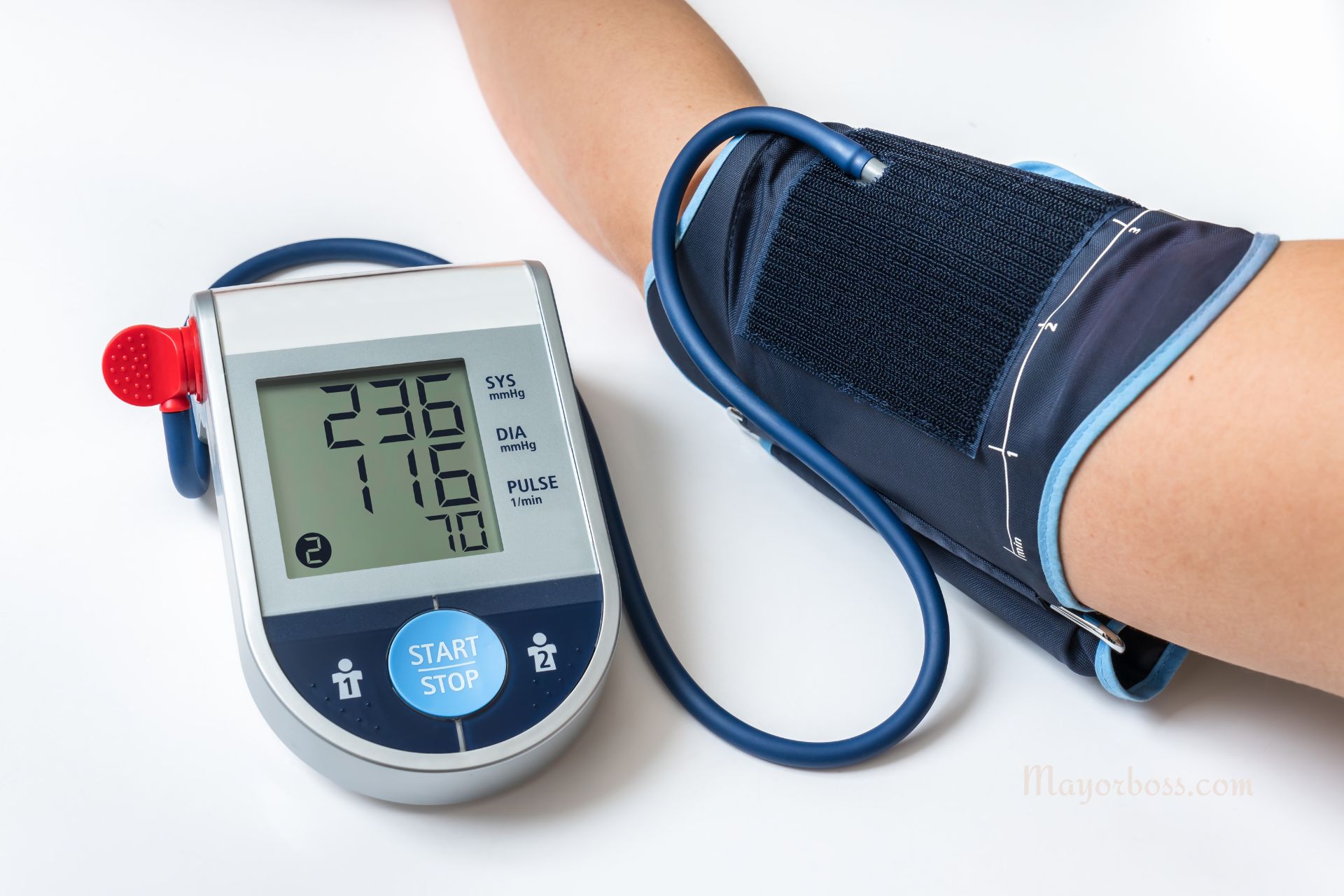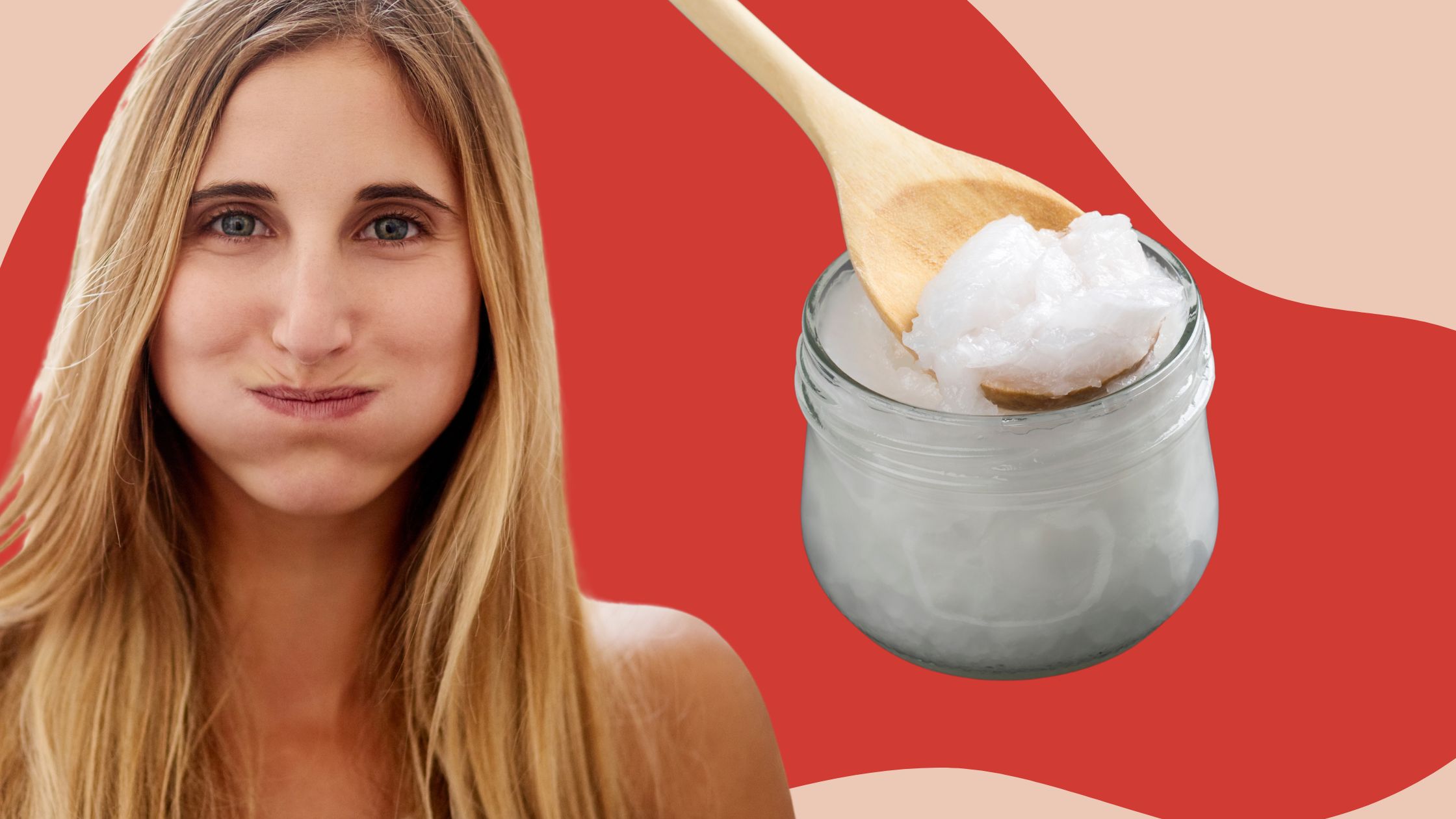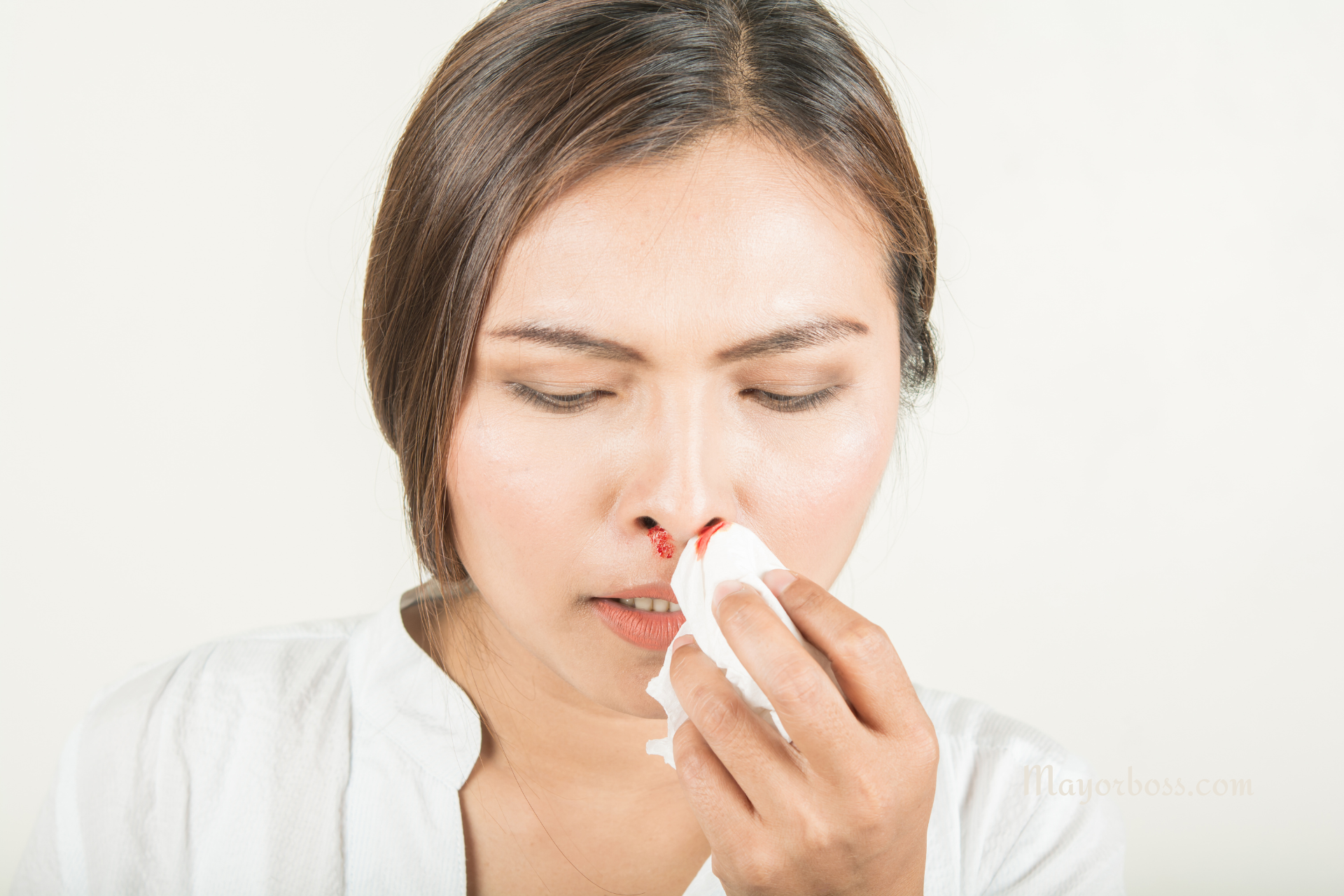Holiday Heart Syndrome: What It Is and How to Protect Your Heart
The holiday season brings many joys: family gatherings, hearty meals, and festive cheer. But did you know that these celebrations could also affect your heart’s rhythm? Today, I’d like to talk with you about Holiday Heart Syndrome. This condition may sound harmless at first, but it is quite important to understand—so you can keep your heart steady through the season.

What Is Holiday Heart Syndrome?
Holiday Heart Syndrome refers to an irregular heartbeat, often known as atrial fibrillation, that shows up during or after times of celebration. Doctors first noticed it in people who enjoyed a bit more alcohol than usual during holidays and parties. This condition is not limited to people with established heart issues. It can also happen to those who have never had any heart trouble before.
Though it is called “Holiday Heart Syndrome,” the irregular heartbeat can occur at various times throughout the year. It is simply more common during special gatherings, such as Christmas, New Year’s, or other festivities where people might overindulge in food and drink.
How Alcohol Plays a Role
One major factor behind Holiday Heart Syndrome is an increased intake of alcohol. During celebrations, it is easy to lose track of how much wine, beer, or spirits you are consuming. Alcohol can disturb the electrical signals that keep your heart beating at a steady pace. When these signals are thrown off, the heart’s upper chambers (the atria) may quiver instead of pumping properly. That quiver is called atrial fibrillation.
It is not just heavy drinking that raises the risk. Even moderate to small amounts of alcohol can sometimes be enough to trigger these irregular rhythms in certain people. For some individuals, the slightest shift in their usual routine—coupled with a little extra alcohol—might lead straight to Holiday Heart Syndrome.
Other Contributing Factors
While alcohol is often the leading cause, there are other factors you should keep in mind:
- Too Much Food
Loading your plate with rich and salty holiday feasts can significantly cause spikes in blood pressure. Overeating may likewise lead to bloating or stomach distress, placing stress on the body. This strain can contribute to heart rhythm troubles. - High Stress Levels
Planning parties, shopping for gifts, and traveling are part of the holiday rush. Such stress may set off a cascade of hormones that can upset the balance of your heartbeat. - Insufficient Sleep
Late-night festivities might cut into your usual rest, and studies show a close link between poor sleep and heart complications. Even missing an hour or two of sleep nightly can affect your body’s equilibrium. - Dehydration
A cheerful gathering might mean not drinking enough water—especially if you are sipping more cocktails or sodas than usual. Dehydration can disturb your heart’s normal rhythm, adding to the risk.
Signs and Symptoms
Holiday Heart Syndrome often appears with a racing or fluttering heartbeat. You might feel like your heart is skipping beats or pounding in your chest. Some folks notice a sudden thumping feeling or lightheadedness. Other symptoms include:
- Shortness of breath
- Dizziness or faintness
- Fatigue and weakness
- Chest discomfort
If you notice these signs during your holiday celebrations, do not ignore them. Seek medical attention to confirm whether it is atrial fibrillation or another problem. Early detection helps doctors decide on the right course of treatment.
Prevention Tips
Avoiding Holiday Heart Syndrome does not mean you must give up on all the fun. Try these tips to safeguard your heart:
- Practice Moderation
Have your favorite holiday treats, but watch your portions. Limit how much alcohol you drink, and alternate alcoholic beverages with water or juice. This helps keep your body well-hydrated and less prone to heart flutters. - Balance Stress Levels
Plan ahead, share tasks with family or friends, and give yourself time to unwind. Whether it is a quiet stroll outside or a moment with a favorite book, these habits can help keep your stress in check. - Keep Active
Light exercises, such as walking or gentle stretching, can assist your heart in staying steady. Even during busy times, try to make space for movement. This keeps your blood flowing and relieves tension. - Get Enough Sleep
Aim for seven to eight hours each night. A well-rested body is better prepared to handle holiday excitement without straining the heart. - Stay Hydrated
Water is your friend during big festivities. By taking in plenty of fluids, you help keep your body and heart on an even keel.
When to Seek Help
If you or someone you care about experiences heart palpitations, weakness, or dizziness that does not go away, seek professional medical assistance right away. Doctors may use an electrocardiogram (ECG) to confirm if you have atrial fibrillation or another heart rhythm condition. Some people might need medication, while others may require more specialized treatment.






